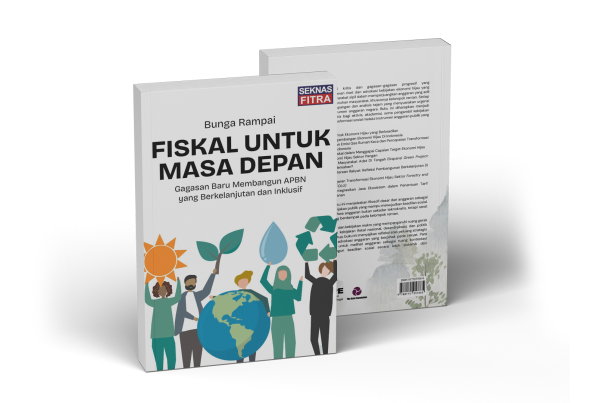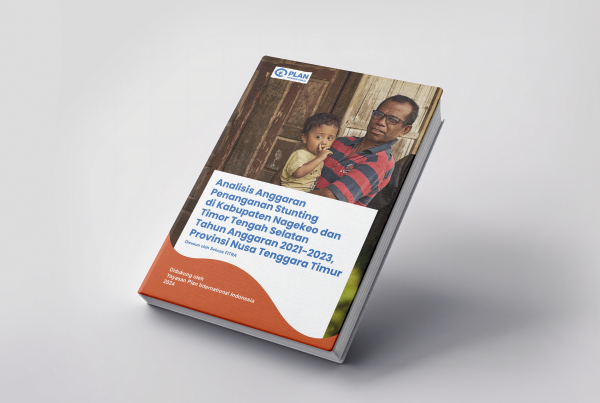budget is written in the language of money, but it isn’t fundamentally about money — it’s about values. A government’s budget, therefore, reveals what a government values — what economic and social challenges it seeks to tackle, and the resources it dedicates to achieving those goals.
The pandemic, global debt, inflation, war and climate change — among other shocks and stresses — have led to serious setbacks for many. Structural inequality is growing. Today, almost half the world lives in countries that spend more on debt payments than on health or education. Global temperatures are the hottest on record, and the World Bank estimates that 68 to 135 million people could be pushed into poverty by 2030 because of climate change. These are just a few of the challenges that have forced governments to make tough choices with strained resources — and revealed values.
Many governments have not included the public in the deeply consequential decisions around raising and spending scarce public resources. That is a missed opportunity.
The budget process provides countless opportunities for governments to share information about how they are using public resources and why. The process can also give everyday people the opportunity to give governments community-generated evidence and local input so that decisions reflect the needs and priorities of the public. Engaging the public is a winning proposition that can help restore the people’s trust in government’s ability to deliver economic dividends and improve lives. This trust is sorely needed at a time when people’s support for democracy is at an all-time low and they are calling for a greater voice in politics and policymaking. When public participation is robust, governments can deliver public goods and services more effectively and reduce corruption. We have seen the power of communities and government working together. For instance, in South Africa, the auditor general collaborates directly with a group of residents under a campaign called Asivikelane, which gathers reliable data from nearly 600 informal settlements to determine whether the government is spending as promised on water and sanitation services.
A more open national budget process can drive greater accountability and open the doors to more meaningful engagement between government at all levels and everyday people. In these pages, we will assess national budget practices in 125 countries — the largest number of countries ever included in the Open Budget Survey — looking at the transparency of budget processes, the roles and responsibilities of legislatures and auditors, and opportunities for meaningful public participation. Individual countries are profiled to highlight broader trends in the survey data and to underscore that the national budget is a promise book and a social contract — not simply a technical document. The International Budget Partnership’s network of civil society partners and their tireless work to leverage the power of budgets to improve lives and livelihoods are given particular attention. As we publish the 9th edition of the Open Budget Survey since 2006, we will zero in on the progress governments, legislatures, auditors, civil society, communities, individuals and other stakeholders have achieved together to make budgets more open and accountable as well as outline steps that need to be taken to weave the values of equity and inclusion into the fabric of all budget decisions.





